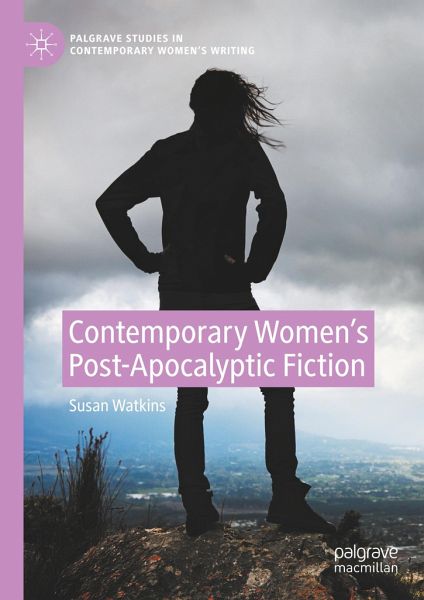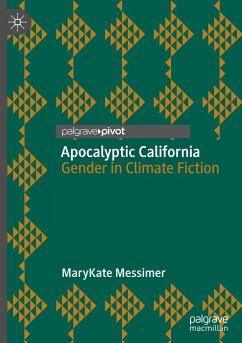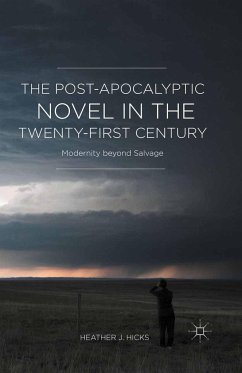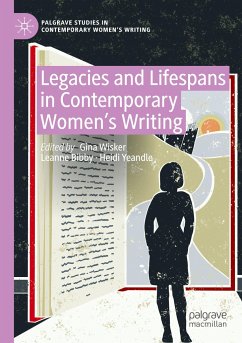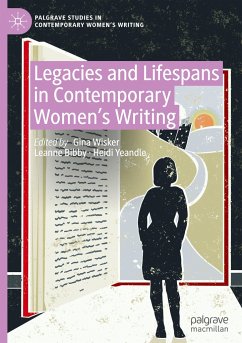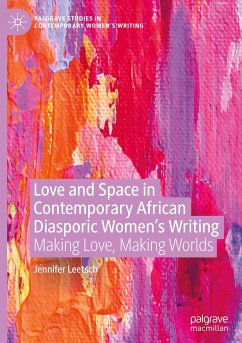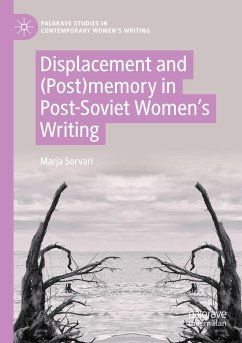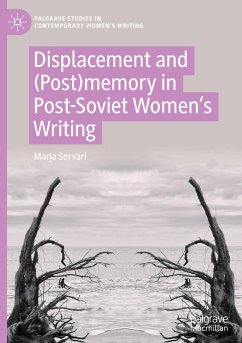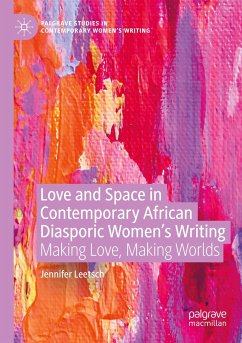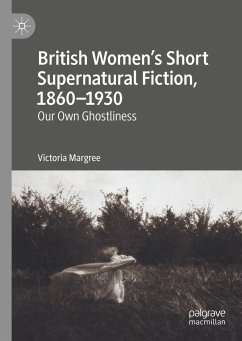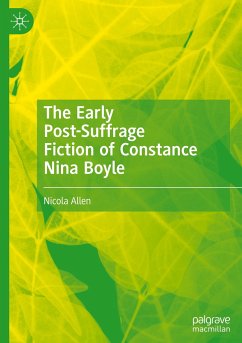"The lucidity of Watkins's prose and the obvious care taken to summarize a variety of feminist theoretical contexts ensure that her study will be immediately useful to undergraduate and graduate students and serve as a foundational assessment for anyone interested in women's speculative writing today." (Jennifer A. Wagner-Lawlor, MFS Modern Fiction Studies, Vol. 68 (3), 2022)
"Watkins' book is a meticulously researched work ... . One of its compelling aspects is that Watkins develops a multi-faceted interdisciplinary approach and seamlessly weaves textual analyses with various critical theories. Her insightful reading of so wide a range of contemporary women's post-apocalyptic fiction from multiple perspectives is very impressive.
... Undoubtedly, this book leaves readers with a strong desire to delve into the fullness and richness of contemporary women's s post-apocalyptic fiction." (Aihua Chen, Soundings, Vol. 105 (1), 2022)
"Watkins's thoughtful, well-written analysis of UK and North American post-2000 post-apocalypse ... . Atwood's MaddAddam trilogy is discussed in most of the chapters, making this a very useful text in Atwood scholarship. ... these texts embrace ambiguity, the feminine, the subaltern, layered narratives, and multiple points of view. ... Her enjoyable book gave me a gift-many more books to add to my nightstand. " (Margaret Atwood Studies Journal, Vol. 15, January, 2022)
"A necessary and timely contribution to the debates surrounding the diversity of cognate subgenres that envision humanity's precarious, possibly even doubtful future. ... Watkins's insight into the conceptual intricacy of the representation of women's subjectivity in these fictions is prodigious and is sure to encourage further serious attention from scholars in the field." (Ana-Karina Schneider, American, British and Canadian Studies, Vol 37 (1), December, 2021)
"Susan Watkins's book masterfully showcases expertly performed analyses of post-apocalyptic fiction written by women authors and beautifully demonstrates how these works have broadly innovated the genre." (Alina Preda, Gender Studies, Vol. 20 (1), 2021)
"Contemporary Women's Post-Apocalyptic Fiction fills an important gap ... . Readers will appreciate the opportunity to focus either on readings of particular novels ... or particular thematic concerns, such as maternity, science, and literary production. ... Watkins's book is a far-ranging analysis that looks at a broad swath of contemporary novels in relation to an equally wide range of theoretical approaches. It is a useful place for any scholar to begin their own exploration of these rich and compelling novels." (Claire P. Curtis, TSWL Tulsa Studies in Women's Literature, Vol.40 (2), 2021)
"Contemporary Women's Post-Apocalyptic Fiction is a well-researched, astute and exciting intervention in both contemporary women's writing and SF scholarship. ... Watkins' book is a masterclass in how to write an interdisciplinary academic text that is both engaging and easy to follow. I have no doubt that scholars researching contemporary women's writing, feminist theory, posthumanism, SF or twenty-first century fiction, will benefit greatly from reading Watkins' monograph." (Jade Hinchliffe, C21 Literature: Journal of 21st-century Writings, Vol. 9 (1), 2021)
"Contemporary Women's Post-Apocalyptic Fiction is a rich new resource for scholars interested in the ever-expanding corpus of twenty-first-century apocalyptic literature. ... Watkins has produced a significant contribution to scholarship on post-apocalyptic literature, one that will greatly benefit scholars of the field moving forward." (Heather Hicks, Contemporary Women's Writing, February 23, 2021)
